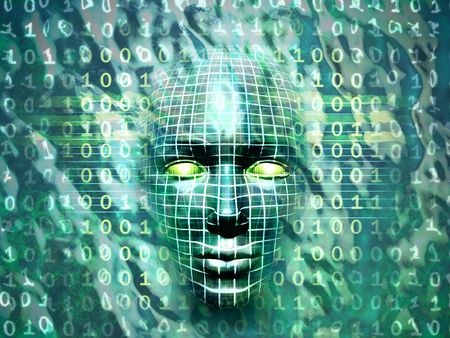Collaborations between astoundingly powerful Silicon Valley information technology behemoths and Chinese overlords of population surveillance and control portend dark omens which should greatly concern us all.
Beware of literally hidden costs of aggressively marketed “smart city” proposals to make our lives more efficient and safe through Internet-connected and centrally monitored personal, household, municipal and regional systems. Those same networked devices, and those who manage them, will be fully capable of tracking, scrutinizing, and ultimately controlling everyone — at every place — and at any time.
Here, as in China and other countries, spy cameras are sprouting up on lampposts and rooftops everywhere. Facial recognition systems can detect and record each of our individual movements.
Our automobile and cellphone locations are constantly recorded. Our online shopping and lifestyle interests are being tabulated and distributed to product and service agencies. Our smartphones can constantly eavesdrop and secretly pass along private information.
In my new book “Reinventing Ourselves: How Technology is Rapidly and Radically Transforming Humanity,” I refer to the big tradeoff between more technological convenience and security in exchange for less privacy as a “boiling frog” analogy.
Like that hapless critter in a shallow pan of water placed over a flame, we complacently adjust to the gradual temperature change until it’s too late to jump out.
China’s vast surveillance system applies facial recognition systems which are planned to be capable of picking any one of its 1.4 billion citizens individuals out of massive crowds with nearly perfect accuracy. Their state-run Xinhua news agency reported that Nanchang police in southeastern China located and arrested a wanted suspect at a 60,000-person pop concert event.
China’s “social credit system” will assign every citizen merits and demerits according to how closely they are observed to conform to official behavior standards.
Although currently voluntary, the program will become mandatory in 2020.
Although those standards are presently somewhat piecemeal and secretive, examples of infractions include bad driving, smoking in non-smoking zones, purchasing too many video games, posting incorrect information online, and walking a dog unleashed.
According to Reuters, millions of people with low scores are being blocked from booking domestic flight and luxury business-class train tickets, staying at premium hotels, having children denied acceptance to university programs, and even having pets confiscated.
In an Oct. 1, 2018 speech focused on security and economic issues at the Hudson Institute, Vice President Pence called on U.S. companies to reconsider business practices in China that involve turning over intellectual property or “abetting Beijing’s oppression.”
Pence said, “For example, Google should immediately end development of the Dragonfly app that will strengthen Communist Party censorship and compromise the privacy of Chinese customers.”
Responding to Pence’s criticism, a Google spokeswoman simply described the company’s work as “exploratory” and “not close to launching a search product in China.”
A logical follow-up question would be, “exploratory to what purpose?”
Meanwhile, Facebook is exploring what the New York Times referred to as “creepy patents” that will track “all most every aspect if its users lives.”
One patent application uses information about how many times you visit another user’s page, the number of people in your profile picture and the percentage of your friends of a different gender to predict whether you’re romantically involved with anyone.
Another Facebook patent application characterizes your personality traits and judges your degree of extroversion, openness or emotional stability in order to select which news stories or adds to display.
Facebook filed a patent application that reviews your posts, messages, and credit card transactions and locations to predict when a major life event such as a birth, death or graduation is likely to occur.
Facebook will be able to identify the unique “signature” of faulty pixels or lens scratches appearing on images taken on your digital camera to figure out that you know someone who uploads pictures taken on your device, even if you weren’t previously connected.
They will also be able to guess the “affinity” between you and a friend based upon how frequently you use the same camera.
There is a Facebook patent application that uses your phone microphone to identify the electrical interference pattern created by your TV power cable to reveal which television shows you watched, and whether you muted advertisements.
There are also a couple of patent applications that will track your daily and weekly routines to monitor and communicate deviations from regular activity patterns, your phone’s location in the middle of the night to establish where you live, when your phone is stationary to determine how many hours you sleep, and correlations of distance between your phone’s location and your friend’s phones to determine with whom you socialize with most often.
But of course they will never really use this “exploratory” stuff.
Right?
